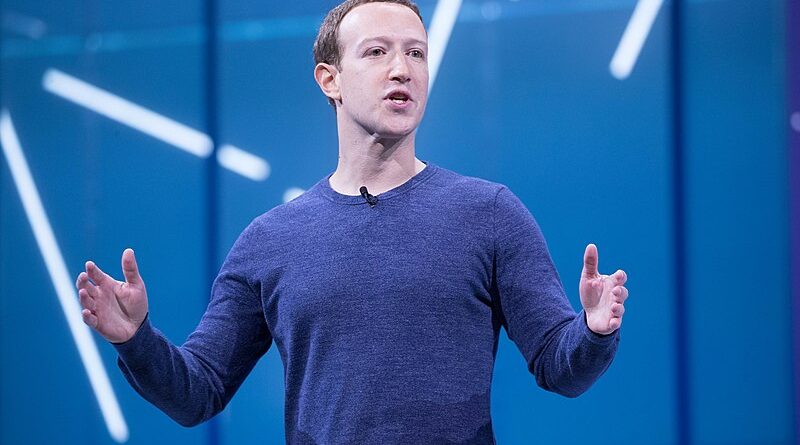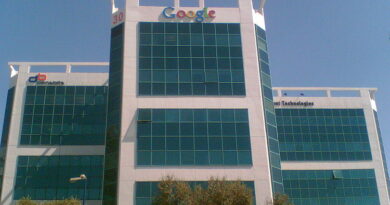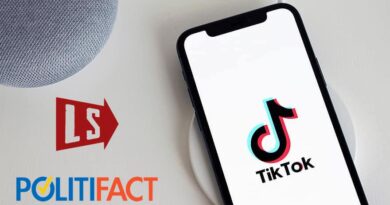Facebook’s alliance with pro-war think-tank to combat ‘fake news’
Facebook has chosen the Atlantic Council as a leading ally in its effort to combat ‘fake news’ and ensure the safeguard of democracy around the world, yet the geopolitical think-tank’s openly pro-war stance and questionable sponsors lead rise to concern over just why it has been selected as the arbitrator of acceptable speech on the world’s biggest social network.
Among its many privacy issues and questionable tax avoidance schemes, Facebook like many other tech giants, felt prompted to do something about the perceived epidemic of fake news following the 2016 US presidential election.
In May 2018, Facebook announced its partnership with the Atlantic Council to provide “real-time insights and updates on emerging threats and disinformation campaigns from around the world” and serve as the “eyes and ears” of the network.
However, a look into the founders, leaders and sponsors of the group, as well as its actions, reveals cause for concern over just what the implications of a pro-war think-tank linking up with Facebook might be.
Established in 1961 by former US Secretaries of State Dean Acheson and Christian Herter, the Atlantic Council was originally conceived as a means to drum up support for the Cold War-era NATO alliance, which had formed in 1949 as the basis of the Euro-Atlantic security architecture during the post-WWII competition with the Soviet Union.
A simple look into the Atlantic Council’s list of sponsors cause alarm bells to start ringing: weapons manufacturers, defense contractors, major oil companies, Arab Gulf tyrants; major transnational corporations, as well as well-known questionable Western ‘philanthropists’ such as the Carnegie and Rockefeller families, the Koch brothers and George Soros to name a few.
So when Facebook announce that their alliance with the Atlantic Council is also to “strengthen our election integrity efforts around the world” one must begin to raise questions about their credentials to carry out that task.
In recent years, the Atlantic Council has received a $900,000 donation from the US State Department in support of Venezuela’s scattered opposition while it has promoted the arming of extremist militants in Syria and maintains a hard-line policy towards Russia.
Facebook global politics and government outreach director Katie Harbath said: “The Atlantic Council’s network of leaders is uniquely situated to help all of us think through the challenges we will face in the near and long-term.”
So who are some of these leaders?
Former CIA director from 1993 to 1995, James Woolsey is a ‘lifetime director’ of the Council. He was the co-founder of United States Energy Security Council, sits on the board of Genie Oil which claims ownership of energy in the disputed Golan Heights.
In 2003, Woolsey spoke about the need to “exert pressure” on North African and Middle Eastern regimes, specifically about Libya and Syria.
Another director is Henry Kissinger, the former US secretary of state who played a leading role in three genocides in the 1970s: Pol Pot’s “killing fields” in Cambodia, Indonesia’s massacre in East Timor; and Pakistan’s in Bangladesh, regime change in Chile in 1973 and a pivotal figure in the Turkish invasion of Cyprus in 1974.
Other board members include former CIA director David Petraeus, former US Secretary of State under the George W. Bush administration Condoleeza Rice and countless others of similar backgrounds.
Allegations of Russian involvement in the election of Donald Trump as US president pointed the finger at major social networks and so, in a bid to save face, they have responded with measures such as this one by Facebook which only serves to further the suspicion that the agenda against fake news is being used as a means to clamp down on independent media.
The partnership with the Atlantic Council played a part in the recent purging of over 500 large independent sites from Facebook which held a predominantly anti-war narrative.
Such an alliance is certain to fuel the suppression or outright deletion of prominent independent outlets which challenge the mainstream narrative, with vague “hate speech” and loose use of the term “fake news” used to lower their rank or simply be buried by tech giants’ algorithms.




